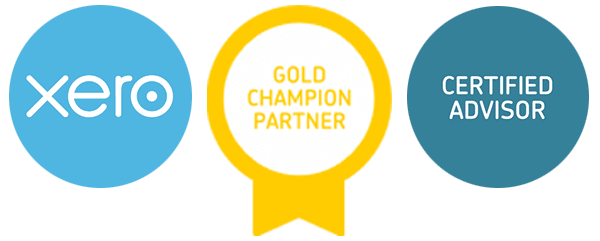21 Jun, 2023
As you prepare for your journey into motherhood, it's important to have a clear understanding of your rights and benefits when it comes to maternity leave. In the United Kingdom, every working woman is entitled to statutory maternity leave, which not only provides you with essential time off to bond with your newborn but also ensures that you have financial support during this crucial period. But navigating the intricacies of maternity leave can be overwhelming, with various rules and regulations to consider. That's where we come in. In this comprehensive guide, we'll break down everything you need to know about maximizing your maternity leave benefits in the UK, from understanding your entitlements to making the most of your time off. So, grab a cup of tea, sit back, and let us guide you through this important chapter of your life. Eligibility criteria for statutory maternity leave To be eligible for statutory maternity leave in the UK, there are certain criteria you must meet. Firstly, you must be an employee, not a self-employed individual. You should also have a contract of employment, whether it's a full-time, part-time, or fixed-term contract. Additionally, you must give the correct notice to your employer, which is typically at least 15 weeks before the expected week of childbirth. It's worth noting that you can still qualify for statutory maternity leave if you change jobs during your pregnancy, as long as you meet the eligibility criteria at the 15th week before the expected week of childbirth. The first 26 weeks of maternity leave is known as Ordinary Maternity Leave, the next 26-week period is Additional Maternity Leave. The duration and timing of your statutory maternity leave will depend on your personal circumstances and choices. You can take up to 52 weeks of maternity leave, but you must take at least two weeks (or four weeks for factory workers) after the birth of your baby. The timing of when you start your maternity leave is up to you, but it cannot be earlier than the 11th week before the expected week of childbirth. If your baby is born earlier than expected, your maternity leave will start the day after the birth. It's important to plan ahead and communicate your maternity leave dates to your employer. By doing so, you can ensure a smooth transition and allow your employer to make necessary arrangements to cover your absence. You should ideally discuss your maternity leave plans with your employer at least 15 weeks before the expected week of childbirth. This will give both parties sufficient time to prepare and ensure that everything is in place for your absence. Statutory maternity pay (SMP) and maternity allowance During your maternity leave, you may be entitled to statutory maternity pay (SMP) or maternity allowance, depending on your employment status and circumstances. SMP is a financial benefit provided by your employer, while maternity allowance is a government-provided benefit for those who don't qualify for SMP. To be eligible for SMP, you must have been working for your employer continuously for at least 26 weeks by the end of the 15th week before the expected week of childbirth. You must also earn at least an average of £120 per week (before tax). If you meet these criteria, you are entitled to receive 90% of your average weekly earnings for the first six weeks of your maternity leave. After that, you will receive either 90% of your average weekly earnings or £172.48 per week (whichever is lower) for the remaining 33 weeks. It's important to check with your employer regarding their specific SMP policy and any additional benefits they may offer. SMP is subject to Income Tax and National Insurance deductions. If you don't meet the eligibility criteria for SMP, you may be eligible for maternity allowance. Maternity allowance is a government-provided benefit that can be claimed directly from the Department for Work and Pensions (DWP). To qualify for maternity allowance, you must have been employed or self-employed for at least 26 weeks in the 66 weeks before your baby's due date. You must also earn at least £30 per week (on average) over any 13-week period during that time. Maternity allowance provides a fixed amount of £172.48 per week or 90% of your average weekly earnings (whichever is lower) for up to 39 weeks. Maternity rights for self-employed individuals While statutory maternity leave primarily applies to employees, self-employed individuals also have certain rights and benefits when it comes to maternity leave. If you're self-employed, you won't be eligible for statutory maternity pay (SMP) but you may be eligible for maternity allowance. To qualify for maternity allowance as a self-employed individual, you must have been self-employed for at least 26 of the 66 weeks before your baby's due date. You must also have paid Class 2 National Insurance contributions for at least 13 of those weeks. Maternity allowance for self-employed individuals provides a fixed amount of £172.48 per week or 90% of your average weekly earnings (whichever is lower) for up to 39 weeks. While on maternity leave, self-employed individuals should plan ahead and make necessary arrangements to ensure their business continues to operate smoothly during their absence. This could involve hiring temporary help, delegating tasks to trusted individuals, or adjusting workloads in advance. It's also important to communicate your maternity leave plans to clients and suppliers, so they are aware of your availability and can make alternative arrangements if necessary.















